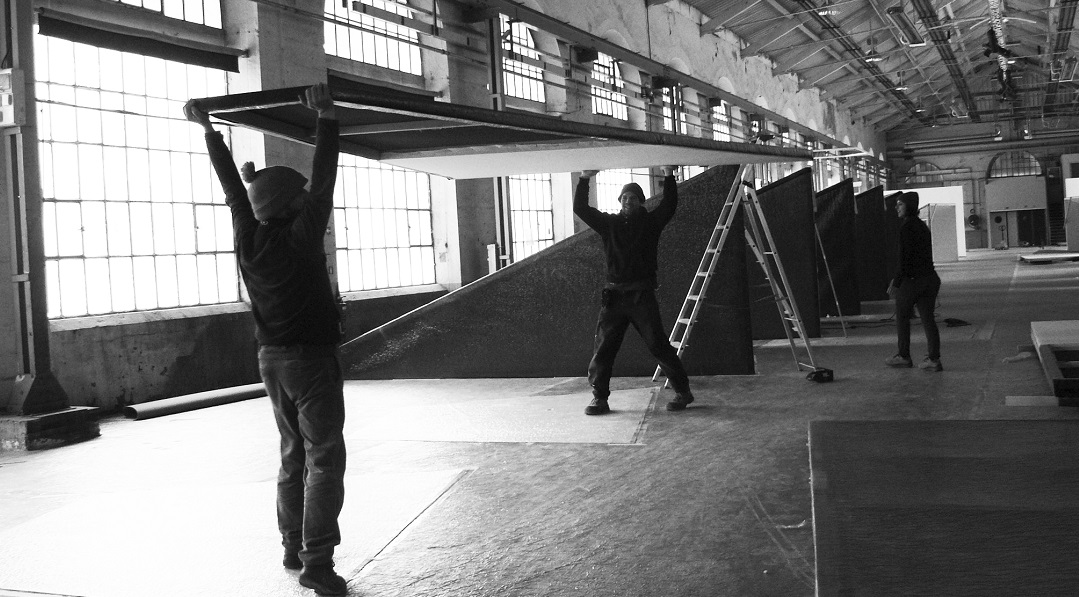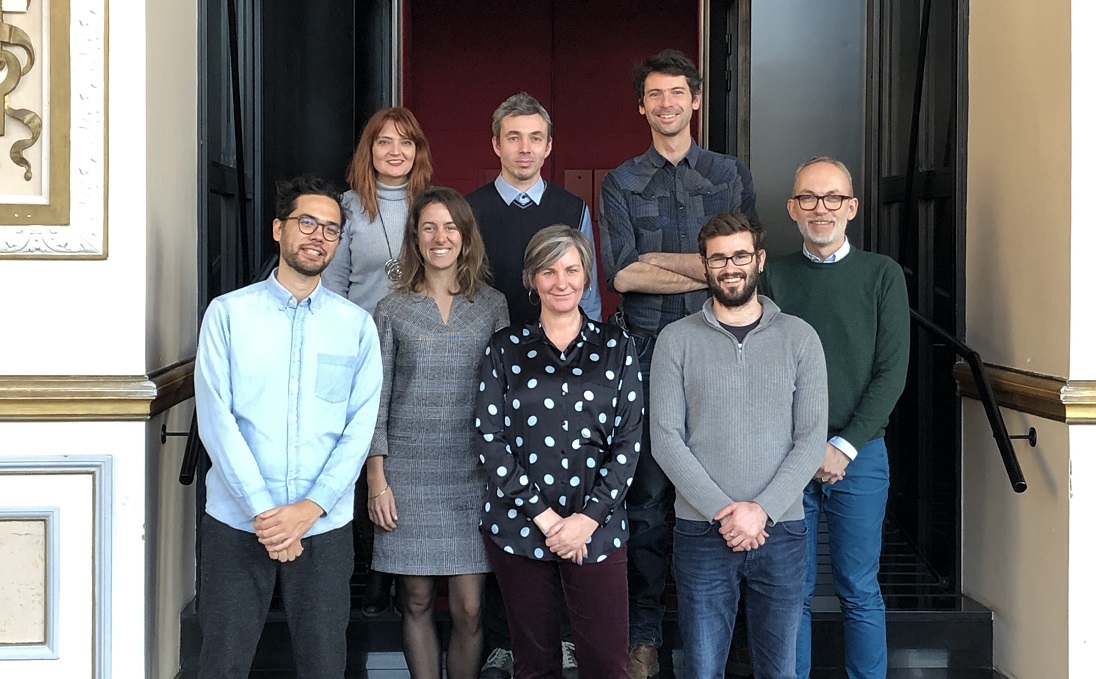Cultural sector
OSCaR - a project for Opera Sceneries Circularity and Resource efficiency

In a context of economy of means, major operational constraints, and limitation of their environmental impact, the operas meet daily challenges for the design and production of sets.
They are the result of artistic creation; they are the translation of a concept that could be said to be unique, linked to the dramaturgy and to a staging project. And they are copyrighted.
Generally built for a single play, performed several times but for an indefinite period, often counted in years, opera sets often have to be preserved.
Faced with this observation, the European project OSCaR "Opera Sceneries Circularity and Resource efficiency" brings together European actors sharing the common objective of exploring new ways of designing, producing, and managing opera sets based on the principles of the circular economy.
Rethinking the decorations in life cycle, identifying all the stakeholders in the processes, reviewing the choice of materials, thinking about the design of the decoration and its implementation, imagining the other lives of the decoration according to the principles of the circular economy are so many possible solutions for the consortium of the OSCaR project.
The lessons should help committed operas and more broadly the creative industry to meet the ecological challenges they face.
 Photo: The partners during the project kick-off meeting on December 10, 2019. This project is supported by the Creative Europe programme.
Photo: The partners during the project kick-off meeting on December 10, 2019. This project is supported by the Creative Europe programme.
Project partners:
- Lyon Opera Opera (France)
- Gothenburg Opera (Sweden)
- Tunis Opera (Tunisia)
- UNESCO Life Cycle and Climate Change Chair (Spain)
- City of Design (France)
- AdMaS (Czech Republic)
- CIRIDD (France)
Co-funded by the Creative Europe Program of the European Union
